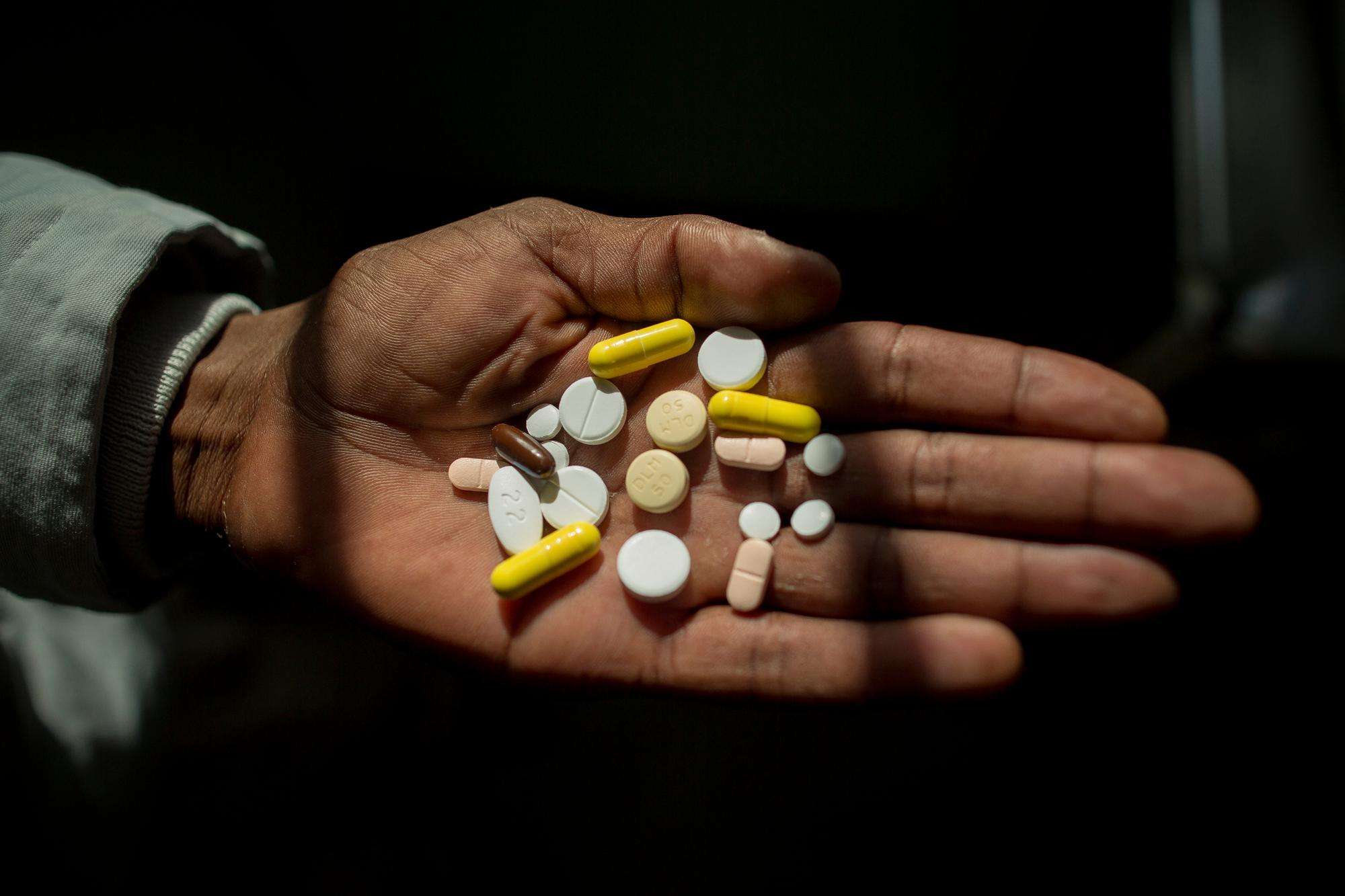NEW YORK, NOVEMBER 30, 2018—The United States-Mexico-Canada Agreement (USMCA) is expected to be signed today, a deal that will keep drug prices high and block people from accessing affordable medicines for years, said the international medical humanitarian organization Doctors Without Borders/Médecins Sans Frontières (MSF).
MSF, which runs medical programs throughout Mexico, is opposed to the inclusion of provisions in this renegotiation of the North American Free Trade Agreement that give companies 10 years of exclusivity for biologics—medicines and vaccines derived from living organisms, including those for cancer, diabetes, and arthritis treatments. Ten years of exclusivity would keep more affordable versions of lifesaving medicines off the market and out of the hands of those who need them for longer.
Data exclusivity is a form of monopoly via the regulatory system that prevents the marketing of generic formulations, even when a medicine is not patented or no longer patented. Data exclusivity prevents drug regulatory agencies from referring to existing clinical data to approve registration of generic or biosimilar versions of a drug by “locking up” the clinical data for a period of years, shutting down the entry of price-lowering generic competition for the duration. Generic manufacturers are forced to wait for the “data monopoly” period to end, even if the drug is unpatented.
The only way a generic manufacturer can get a drug registered without access to existing clinical data is to repeat the clinical trials. However, duplicating clinical trials is not only extremely costly, but also unethical, since safety and efficacy has technically already been established, rendering further clinical trials medically unnecessary.
The period of biologics exclusivity agreed to in USMCA is even longer than what was outlined in the pharma-friendly Trans-Pacific Partnership trade agreement, which President Trump criticized and ultimately withdrew the US from shortly after taking office.
“In signing this trade deal, USMCA negotiators are disregarding the health of millions of people in order to cater to the profits of pharmaceutical corporations.
“Giving pharma an unprecedented 10 years of exclusivity for biologics through this trade deal will make it easier for them to retain monopolies for longer. USMCA’s exclusivity provisions, which go well beyond current trade standards, will further delay competition, keep drug prices high, and keep lifesaving medicines unaffordable and out of the hands of those who need them—including future medical breakthrough treatments.
“It’s absolutely reckless and counterproductive for the US government to support this deal despite evidence that it keeps drug prices high and further reduces access to lifesaving medicines. This agreement is not only a threat to patients in the United States, it sets a dangerous precedent for future trade deals involving countries all over the world, including many in which MSF works.”
—Leonardo Palumbo, advocacy adviser at MSF’s Access Campaign




